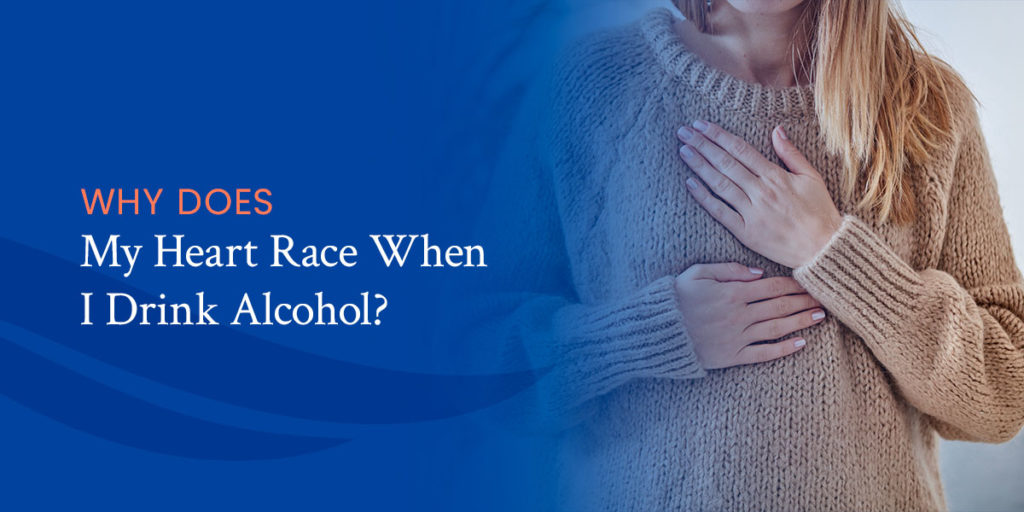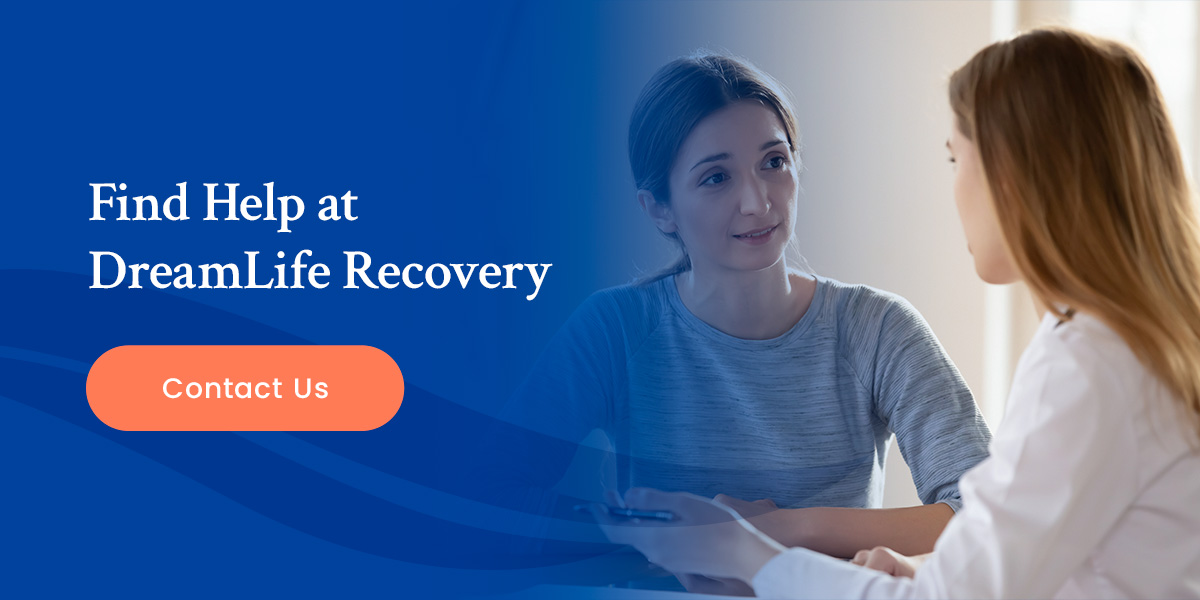“Why does my heart race when I drink alcohol”—you might have asked yourself. When you consume a significant amount of alcohol, especially in a short period, your heart can beat fast and out of rhythm.
Having an alcohol addiction can impact your heart health. Learn how alcohol addiction contributes to an increased heart rate and what you can do to prevent heart complications.
How an Alcohol Addiction Affects Heart Health
Having alcohol in your system — from moderate, binge or obsessive drinking — can disrupt your heart’s natural electrical signals, which keep your heart beating at the right pace.
- Alcohol Can Have Stimulate Your Nervous System: Contrary to alcohol being a depressant, it can actually stimulate your central nervous system (CNS). This could lead to an increased heart rate.
- Impacts Your Autonomic Nervous System: Your autonomic nervous system controls your heart rate. Drinking alcohol can affect this system, which can increase your heart rate and even lead to heartbeat irregularities.
- Alcohol Can Cause Dehydration: Alcohol can make you pee more. If you pee more, it can lead to dehydration. In turn, this can also lead to an increased heart rate.
- Essential Electrolyte Imbalance: Your body needs essential electrolytes, like potassium. Alcohol can cause an imbalance, which can increase your heart rate.
Alcohol can also increase stress responses in your body and interact with your prescribed medications. Both can affect your heart rate.
You may notice a change in your heart rate when addicted to alcohol. The more you consume, the higher your risk of having a fast and irregular heartbeat.
If you or a loved one has an alcohol addiction, knowing what conditions may develop is crucial. A racing heart can lead to dangerous conditions like atrial fibrillation (AFib) and tachycardia. These conditions can increase the risk of having a stroke or forming blood clots. Your blood pressure and cholesterol levels can also increase after drinking too much.
Your heart works hard to pump blood throughout your body. When it speeds up after drinking, your heart works even harder to get blood where it needs to be. This effort can tax the vital organ. Taking action to recover from alcohol addiction is the first step to helping your heart function and protecting its health.
How to Stop Heart Racing After Drinking Alcohol
Whenever you find alcohol increasing your heart rate, consider trying to lower it by staying:
- Hydrated: Alcohol can affect your heart more severely when you’re dehydrated. Ensure you drink water regularly while consuming alcohol.
- Cool: Heat can make alcohol — and its side effects — kick in faster. Stay in a cool, comfortable area to help your heart rate decrease after it jumps.
- Calm: If your heart is still pounding after staying hydrated while drinking, trying to relax can help you lower the rate. Practice deep breathing or go outside for fresh air.
If you experience a noticeable change in your heart rate with alcohol addiction, you can work toward sobriety to support your heart health.
Find Help at DreamLife Recovery
If you or a loved one suffers from alcohol addiction and want help to break free from it, DreamLife Recovery can help. During and after our alcohol treatment program, you’ll have complete support to remain sober and reclaim your life.
Start your journey to recovery at DreamLife Recovery. Call us at 844-402-3592 or complete our online form today.







